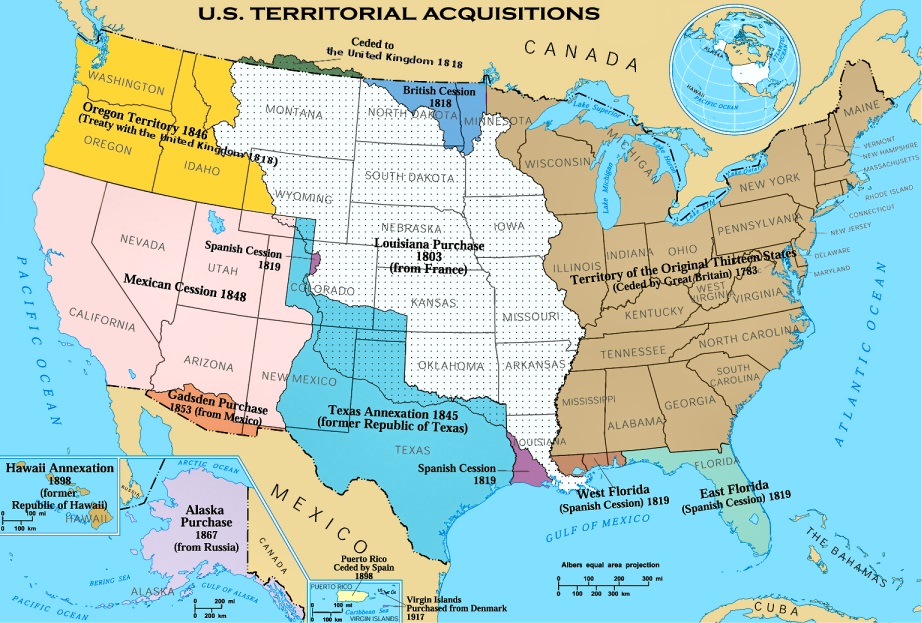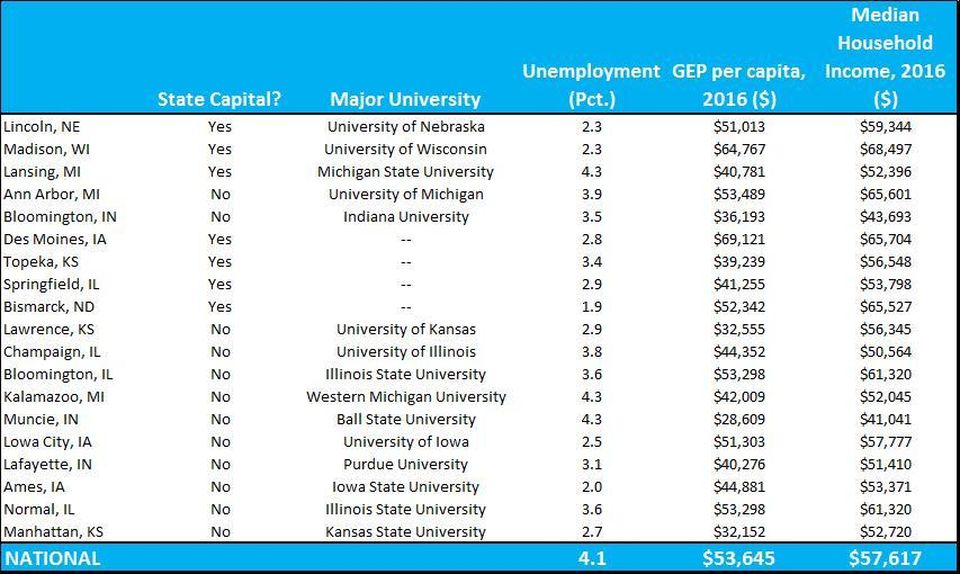Several standards setting publishers have the cash flow to finance state and/or regional representatives who promote state level adoption of their catalog. Those functionaries are typically respected voices in their profession. Their presence on state level building commission committees are funded by the non-profit organization. These representatives facilitate bi-directional technical and administrative communication.
In most cases those functionaries, to the best of our knowledge, are not User-Interests. They are incumbent stakeholders (or “niche verticals”). We find labor interests heavily represented on state building commissions that determine how nationally developed codes and standards are referenced into state safety and sustainability regulations.
As we are fond of saying: “Products do not vote. The people who sell, install, inspect and maintain them do.” Sometimes these organizations are active in supporting state and local bond referenda to create building projects for their members. Nothing wrong with this; just remember it when you get to the voting booth.
Niche verticals do not like to be reminded of this and frequently join in the lament for thin participation. As we explain in our ABOUT, non-profit standards developing organization are entitled to a viable business model. As we also explain in our ABOUT, the weakness of the US Standardization System in getting user-interest voices funded, lies with the user-interest. It is worth saying that some nations are doing a better job getting the user-interest financed.
In many cases, it is the assumption that a state building commission board member identified as a General Interest, is equivalent to the User-Interest. We find that, in more cases than not, the General Interest building commissioner, appointed by the Governor or his surrogates, is a campaign contributor to the Governor that mimics the point of incumbent stakeholders — frequently skilled trade unions and building technology contractors — thus the wicked problem of participatory democracy we cover extensively on our 50-state platform.
Accordingly, on behalf of the User-Interest in the education facility industry #StandardsMichigan runs a status check on standard-setting organization consensus products incorporated by reference into state safety and sustainability statutes. We will do it discipline-by-discipline, state-by-state, with sensitivity to the business models of Producer, Labor and Compliance advocacy organizations. We cannot cover all 50-states every month but we will identify as many state level exceptions as time allows; highlighting noteworthy exceptions and why.
The takeaway: The presence of state and local representatives of standards-setting organizations have significant influence on leading practice discovery and promulgation; sometimes supportive of lower education community cost; sometimes not.
See our CALENDAR for the next online meeting; open to everyone.
LEARN MORE:
Boston University | Boston, Massachusetts
Carroll College | Helena, Montana
Florida State University | Talahasee, Florida
Georgia Tech | Atlanta, Georgia
Boise State University | Boise, Idaho
Kentucky State University | Frankfort, Kentucky
North Carolina State University | Raleigh, North Carolina
University of Nebraska-Lincoln | Lincoln, Nebraska
Ohio State University | Columbus, Ohio
Pacific Lutheran University | Olympia, Washington
University of Texas Austin | Austin, Texas
University of Wisconsin | Madison, Wisconsin










